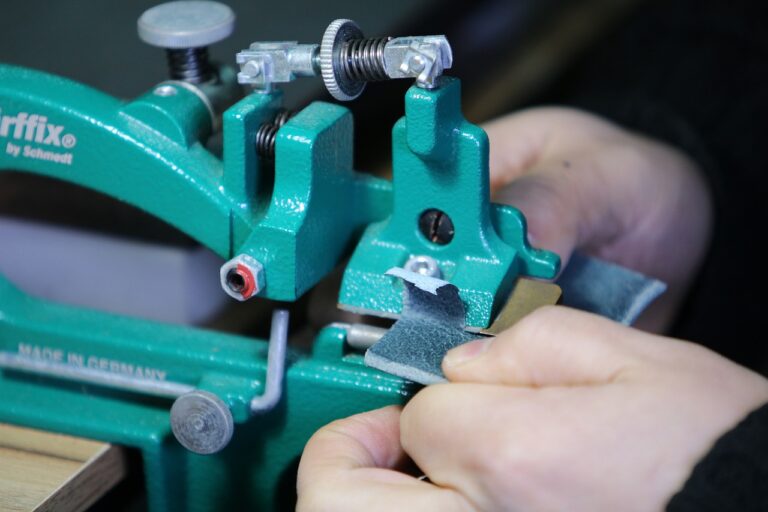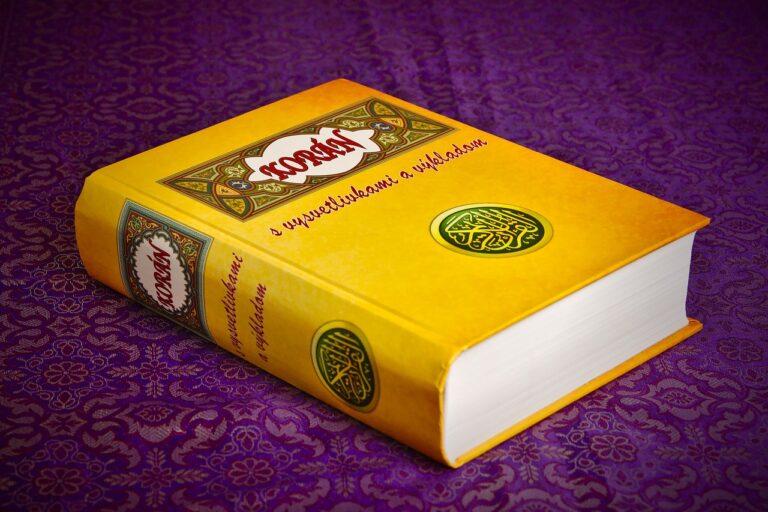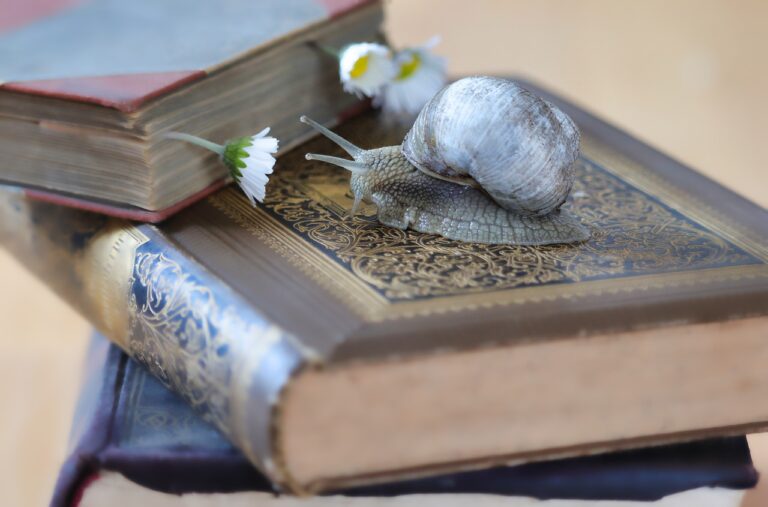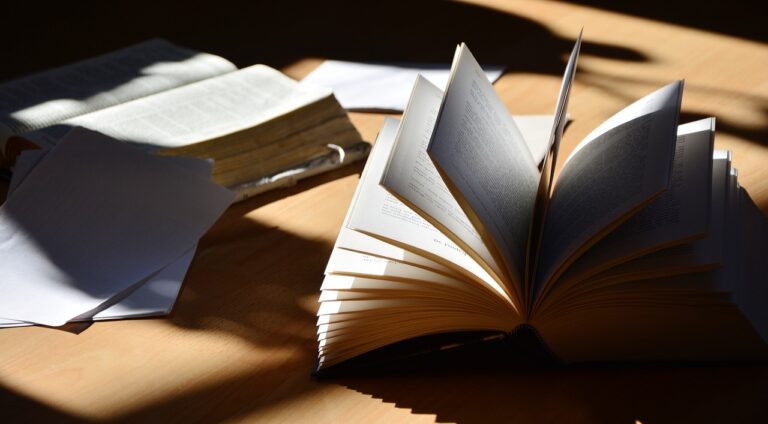Assessing 21st Century Skills: Critical Thinking, Collaboration, and Creativity: Betbhai9 id whatsapp number, Playexch login, Lotus 365 win
betbhai9 id whatsapp number, playexch login, lotus 365 win: In today’s rapidly evolving world, our traditional education system is being challenged to prepare students for the demands of the 21st century. It is no longer enough to simply memorize facts and regurgitate information. Instead, students must develop critical thinking, collaboration, and creativity skills to thrive in the modern workforce.
Assessing these 21st century skills is crucial for educators to ensure that students are equipped with the tools they need to succeed. Let’s take a closer look at each of these skills and how they can be assessed in the classroom.
Critical Thinking:
Critical thinking is the ability to analyze information, draw conclusions, and think independently. Assessing critical thinking skills can be done through tasks that require students to evaluate evidence, make logical connections, and solve complex problems. One effective way to assess critical thinking is through the use of open-ended questions that prompt students to demonstrate their analytical skills.
Collaboration:
Collaboration is the ability to work effectively with others towards a common goal. Assessing collaboration skills can be done through group projects, where students must communicate, delegate tasks, and compromise with their peers. Teachers can also assess collaboration skills through peer evaluations, where students provide feedback on their classmates’ teamwork abilities.
Creativity:
Creativity is the ability to think outside the box, generate new ideas, and solve problems in innovative ways. Assessing creativity skills can be done through tasks that require students to brainstorm, design, and create original projects. Teachers can also assess creativity through visual projects, presentations, or performances that showcase students’ unique perspectives and talents.
FAQs:
1. How can teachers assess 21st century skills in a traditional classroom setting?
Teachers can assess 21st century skills by incorporating project-based learning, group work, and open-ended tasks into their lesson plans. By providing students with opportunities to think critically, collaborate with their peers, and showcase their creativity, educators can effectively assess these essential skills.
2. What are some ways to help students develop 21st century skills?
Encouraging students to engage in real-world problems, explore different perspectives, and take risks in their learning can help them develop critical thinking, collaboration, and creativity skills. Providing opportunities for hands-on experiences, independent projects, and teamwork can also foster the development of these skills.
3. How can parents support the development of 21st century skills at home?
Parents can support the development of 21st century skills by encouraging their children to ask questions, work together with siblings or friends on projects, and explore their interests through creative activities. By fostering a love of learning and a growth mindset, parents can help their children develop the skills they need to succeed in the 21st century.
In conclusion, assessing 21st century skills is essential for preparing students for the challenges of the modern world. By focusing on critical thinking, collaboration, and creativity, educators can ensure that students are equipped with the tools they need to thrive in the workforce and make a positive impact on society.







